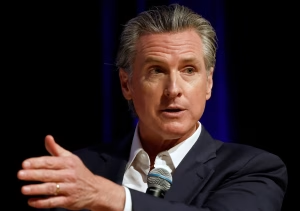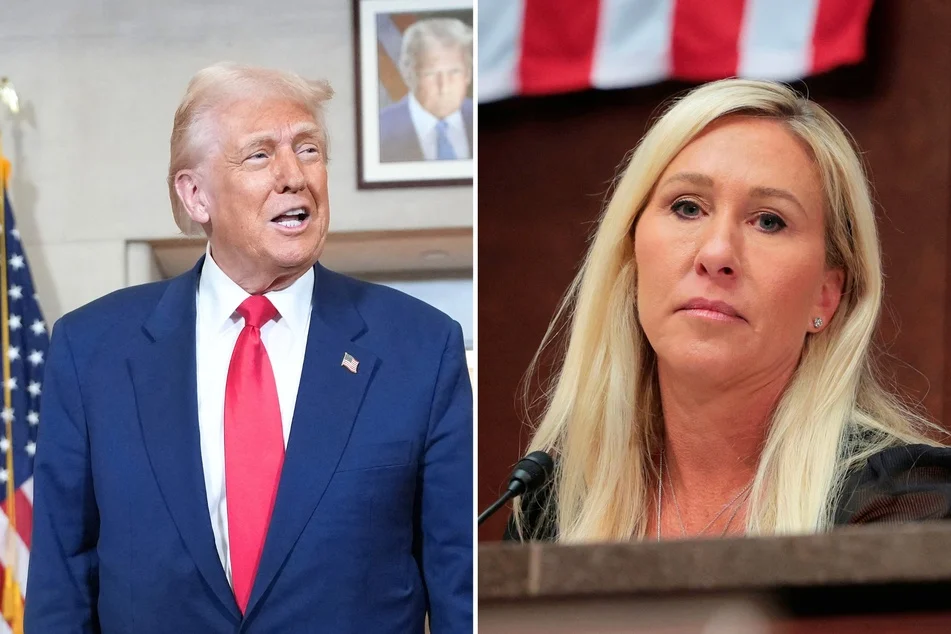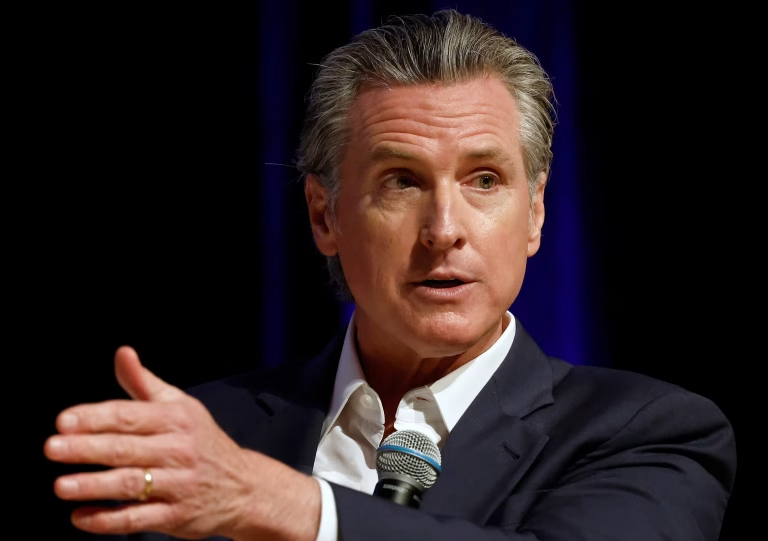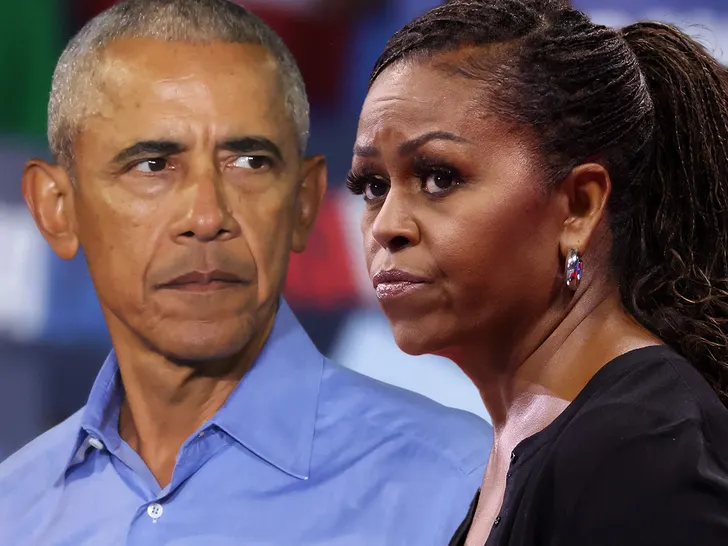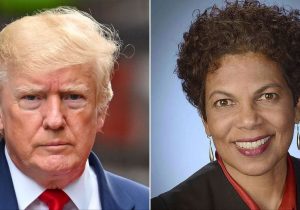Rep. Marjorie Taylor Greene, R-Ga., announced she will not pursue a gubernatorial bid in Georgia in 2026, signaling a significant development in the state’s Republican primary landscape. Greene, a high-profile congressional figure, had previously suggested she might enter the governor’s race after opting not to challenge Democratic Sen. Jon Ossoff for reelection. Her decision shifts attention to other candidates vying for the Republican nomination as Georgia prepares for a pivotal election year.
Greene has represented northwest Georgia in Congress since 2020 and gained national attention for her outspoken political style and alignment with prominent conservative movements. In recent months, she had hinted at a potential gubernatorial run during appearances at party events and through social media commentary, sparking speculation about her influence on the state’s 2026 elections. However, she has now confirmed that she will focus on retaining her congressional seat, leaving the gubernatorial field open to other contenders.
The current governor, Brian Kemp, is barred from seeking reelection due to term limits, creating a competitive Republican primary. Already, several high-profile candidates have declared or indicated interest in running. Attorney General Chris Carr and Lt. Gov. Burt Jones have publicly entered the race, while Secretary of State Brad Raffensperger has not yet ruled out a bid. Greene’s withdrawal removes a potential wildcard from the GOP field, providing clearer paths for these established candidates to consolidate support.
The dynamics of Georgia politics in recent years have reflected broader national trends, with the state emerging as a key battleground in federal and statewide elections. Republicans have maintained control of the governorship since 2002, and the party faces heightened scrutiny in the wake of closely contested federal elections. The 2024 presidential election underscored the state’s increasingly competitive nature, as demographic shifts and voter engagement patterns altered traditional partisan advantages. Within this context, Greene’s decision not to run can influence strategic calculations among candidates and party officials.
Greene’s announcement also follows previous internal party discussions regarding the Senate race. Earlier, she chose not to challenge incumbent Sen. Jon Ossoff, in part due to pressure from party leaders concerned that a high-profile primary challenge could reduce Republican prospects in statewide contests. Her public profile, known for appealing to a segment of the conservative base, was considered both an asset and a potential liability in tightly contested elections. By declining a gubernatorial run, Greene avoids what many strategists viewed as a potentially divisive primary battle.
While Greene has emphasized her continued commitment to her congressional district, the 2026 gubernatorial election is already drawing national attention. For Republicans, the primary represents an opportunity to shape party leadership in the state and position candidates for potential future influence in federal politics. Democrats, meanwhile, are organizing campaigns to challenge Republican dominance, with several candidates emerging as leading contenders. Among them are state Sen. Jason Esteves and former Atlanta Mayor Keisha Lance Bottoms, both seeking to leverage their political experience and statewide recognition. Additional candidates include state Rep. Derrick Jackson and Atlanta pastor Olu Brown, who aim to build broad-based support among diverse constituencies.
Republican officials and political analysts note that Greene’s decision could have strategic implications for party messaging and voter outreach. Her previous consideration of a gubernatorial campaign highlighted divisions within party leadership and raised questions about candidate viability in statewide contests. By removing herself from the race, Greene allows other Republican candidates to consolidate resources and avoid intra-party friction that might otherwise weaken the party’s position in the general election.
Georgia’s Republican Party has historically relied on established networks and experienced political operatives to maintain electoral dominance. Greene’s critique of party structures, expressed in previous statements, reflected tension between long-standing party practices and a more populist, outsider-oriented approach. Analysts suggest that her withdrawal may indicate a recognition of institutional realities and the advantages of building influence within her congressional seat rather than pursuing a statewide office at this time.
From a campaign strategy perspective, the 2026 gubernatorial election will likely involve a combination of traditional party organizing and modern outreach efforts. Candidates will focus on messaging around economic growth, education, public safety, and healthcare policy, while also navigating the legacy of recent federal and state elections that have shifted voter expectations. The absence of a high-profile figure such as Greene may allow candidates to more clearly define their platforms and appeal to targeted voter blocs without competing against a polarizing contender.
Additionally, the decision reshapes fundraising dynamics. Greene’s prior national profile and media presence suggested she could attract substantial campaign contributions from outside Georgia. With her out of the race, resources that might have been directed toward a potential Greene campaign can now be redirected to other candidates. This reallocation of support may influence early primary polling, endorsements, and strategic partnerships within the state party.
The 2026 election cycle also underscores the broader trend of increased competitiveness in Georgia politics. Population growth, urbanization, and shifts in suburban voting patterns have introduced new dynamics to statewide contests. Republican candidates are increasingly aware of the need to balance traditional party messaging with outreach to emerging voter groups. In this context, Greene’s decision may reflect an assessment of political feasibility, recognizing the challenges inherent in statewide campaigning amid demographic and political shifts.
While Greene has opted out of the gubernatorial race, she remains a significant figure within Georgia politics. Her ongoing role in Congress, particularly in representing northwest Georgia, ensures that she maintains influence over policy priorities and voter engagement within her district. This continued presence may also allow her to shape political discourse, endorsements, and party dynamics in preparation for future elections, potentially leaving open the possibility of statewide ambitions beyond 2026.
Democrats, in turn, are likely to monitor these developments closely. With the Republican field now clearer, opposition campaigns can calibrate strategies and messaging to address anticipated challenges in the general election. The 2026 governor’s race represents an important test of party organization, messaging, and voter mobilization, with the outcome potentially shaping Georgia’s political trajectory for years to come.
Ultimately, Greene’s decision not to run illustrates the interplay between personal political calculation and broader party strategy. By focusing on her congressional seat, she prioritizes maintaining influence in a region where she has established a solid base of support while allowing other Republican figures to compete for statewide leadership positions. This approach reflects both individual and institutional considerations, balancing ambition with practical political realities.
As the 2026 campaign season unfolds, analysts will continue to assess the implications of Greene’s withdrawal, including its effects on voter alignment, fundraising patterns, and intra-party dynamics. While she will not be a candidate for governor in the upcoming election, her ongoing presence in Georgia politics and influence within conservative circles ensure that she remains a factor in shaping the state’s political discourse and strategic priorities.
In conclusion, Rep. Marjorie Taylor Greene’s decision to forego a 2026 gubernatorial bid represents a significant moment in Georgia’s political landscape. It clarifies the Republican primary field, affects campaign strategy and fundraising, and highlights ongoing debates about party leadership and voter outreach. While she continues to serve in Congress, her choice reshapes the contours of the gubernatorial race, offering insight into both individual political strategy and broader party dynamics as Georgia approaches an important election year.

Emily Johnson is a critically acclaimed essayist and novelist known for her thought-provoking works centered on feminism, women’s rights, and modern relationships. Born and raised in Portland, Oregon, Emily grew up with a deep love of books, often spending her afternoons at her local library. She went on to study literature and gender studies at UCLA, where she became deeply involved in activism and began publishing essays in campus journals. Her debut essay collection, Voices Unbound, struck a chord with readers nationwide for its fearless exploration of gender dynamics, identity, and the challenges faced by women in contemporary society. Emily later transitioned into fiction, writing novels that balance compelling storytelling with social commentary. Her protagonists are often strong, multidimensional women navigating love, ambition, and the struggles of everyday life, making her a favorite among readers who crave authentic, relatable narratives. Critics praise her ability to merge personal intimacy with universal themes. Off the page, Emily is an advocate for women in publishing, leading workshops that encourage young female writers to embrace their voices. She lives in Seattle with her partner and two rescue cats, where she continues to write, teach, and inspire a new generation of storytellers.
